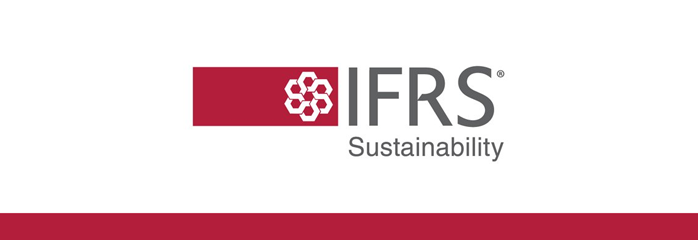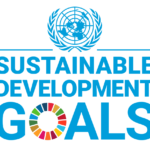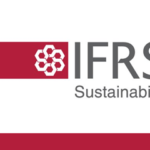
The International Sustainability Standards Board (ISSB) recently unveiled its first sustainability reporting standard, IFRS S1 General Requirements for Disclosure of Sustainability-related Financial Information. This marks a significant step towards harmonizing global sustainability reporting.
Key Points of IFRS S1
IFRS S1’s objective is to compel entities to disclose sustainability-related risks and opportunities impacting their financial prospects, including cash flows, access to finance, and cost of capital. This standard applies to all entities following IFRS Sustainability Disclosure Standards, regardless of financial statement preparation under IFRS Accounting Standards.
The core of S1 includes:
- Governance: Disclosing governance processes for sustainability oversight.
- Strategy: Explaining how sustainability impacts business strategy.
- Risk Management: Describing sustainability risk assessment and management.
- Metrics and Targets: Reporting on relevant sustainability metrics and targets.
Entities must disclose material information needed by investors for informed decision-making. IFRS S1 also suggests sources for guidance, such as industry-based SASB standards.
Strengths and Benefits of IFRS S1
- Global Consistency: S1 offers a global baseline for consistent sustainability reporting across industries and regions, improving comparability.
- Financial Materiality: It connects sustainability to financial performance, making it highly relevant to investors.
- Flexibility: While setting baseline requirements, S1 allows customization based on business relevance, avoiding a one-size-fits-all approach.
- Integration with Financial Reporting: It links sustainability factors with financial statements, demonstrating their impact on financial value.
Potential Limitations of IFRS S1
- Scope Limitations: It focuses on sustainability issues with clear financial impacts, potentially excluding broader ESG matters.
- Flexibility vs. Comparability: Customization could lead to varying disclosures, reducing comparability.
- Identifying Material Risks: Some entities might struggle to identify and disclose their most material sustainability risks.
In summary, IFRS S1 represents a milestone in sustainability reporting. It enhances global consistency, aligns sustainability with financial performance, and offers flexibility. However, it’s not without challenges, such as scope limitations and potential comparability issues.
The success of IFRS S1 depends on widespread adoption and its ability to provide investors with decision-useful information. Stay tuned for further developments as sustainability reporting continues to evolve.
#SustainabilityReporting #IFRS #InvestorRelations #ESG #SustainabilityDisclosure










